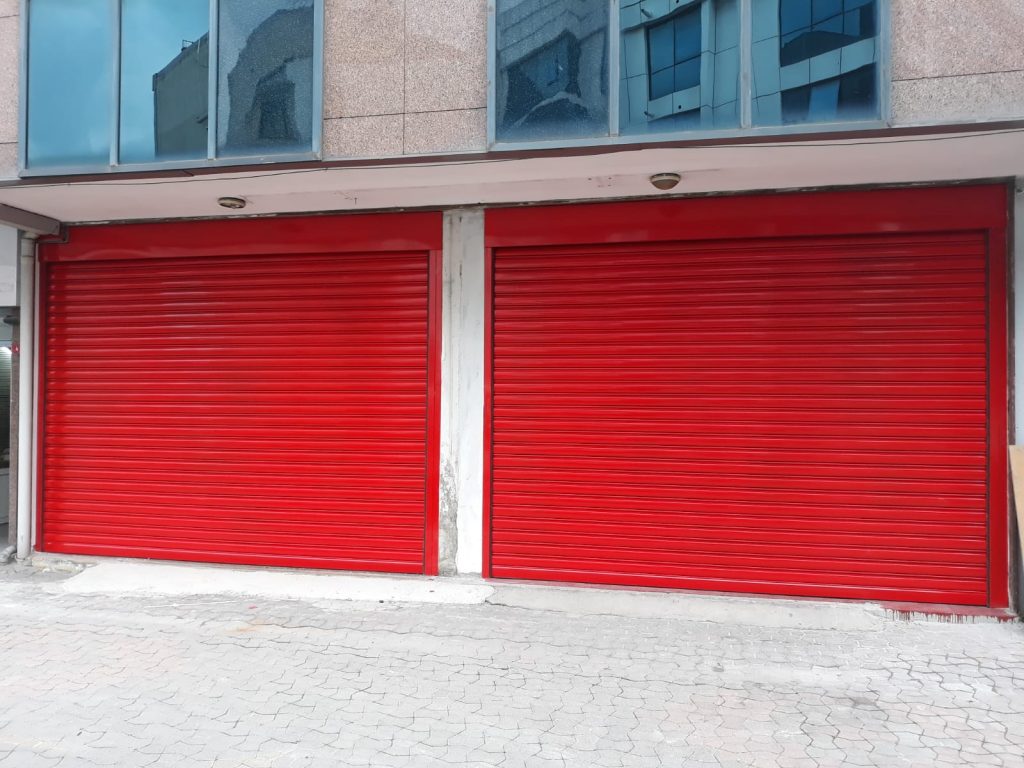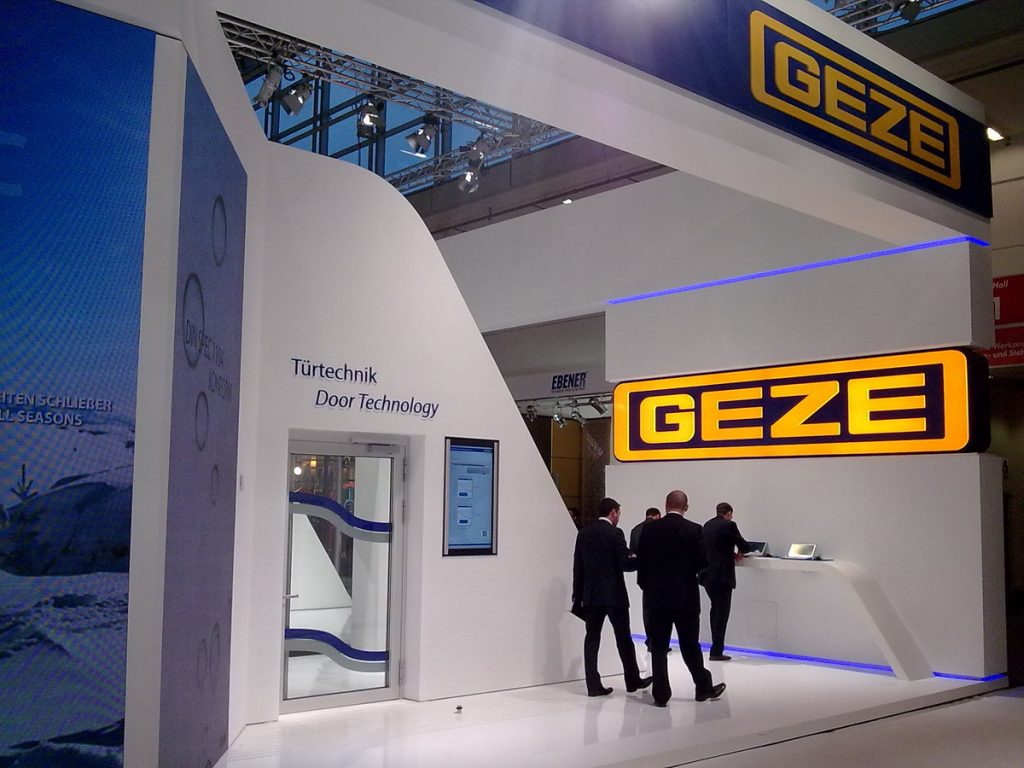
Revolving doors, as dynamic components of modern buildings, require regular maintenance to ensure their longevity and optimal performance. This article provides an in-depth look into the maintenance practices vital for the smooth operation of revolving doors.
Importance of Regular Maintenance
Ensuring Safety and Reliability
Regular maintenance is critical for the safety and reliability of revolving doors. It helps in identifying and rectifying potential hazards before they lead to accidents or malfunctions.
Prolonging Lifespan
Proper maintenance extends the lifespan of revolving doors, ensuring they remain functional and aesthetically pleasing for years.
Key Maintenance Practices
Routine Inspections
Regular inspections are the cornerstone of revolving door maintenance. These inspections should cover mechanical parts, electrical components, and structural integrity.
Cleaning and Lubrication
Keeping revolving doors clean and well-lubricated is essential for smooth operation. This includes cleaning glass panels, frames, and regular lubrication of moving parts.
Addressing Wear and Tear
Identifying Common Issues
Common issues in revolving doors include wear and tear of seals, misalignment of components, and malfunctioning sensors. Timely identification and repair of these issues are crucial.
Replacement of Parts
Over time, certain parts of the revolving door may need replacement. This includes worn-out seals, bearings, and electronic components.
Technological Upgrades
Keeping Up with Advancements
With technological advancements, upgrading revolving door systems can enhance their efficiency and functionality.
Integration of Smart Systems
Integrating smart systems for diagnostics and remote monitoring can streamline the maintenance process, making it more efficient and proactive.
Training and Expertise
Importance of Skilled Technicians
Qualified technicians with specific knowledge of revolving door systems are essential for effective maintenance. Their expertise ensures that the doors are maintained to the highest standard.
Training for In-House Staff
Training in-house staff on basic maintenance and troubleshooting can be beneficial for immediate response to minor issues.
Conclusion
Effective maintenance of revolving doors is a critical aspect of building management, requiring a structured approach and skilled intervention. Regular maintenance not only ensures safety and efficiency but also contributes significantly to the aesthetic and functional integrity of these sophisticated entrances.






